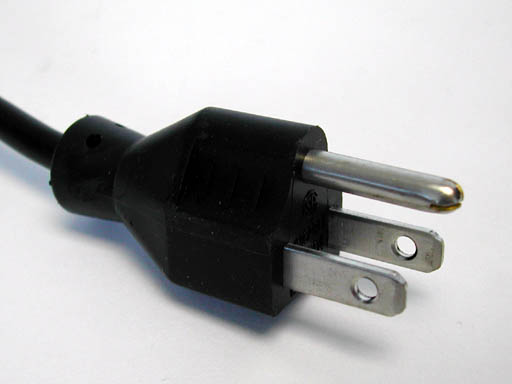Then it appears that you really don't understand the Second Law, because the Second Law forbids a negative generation of entropy during a real process.
Sure... in closed systems. In open systems, the Second Law is irrelevant.
Actually, you have it backwards. Water at 0C has a higher entropy than ice at 0C, and water vapor at a temperature has a higher entropy than liquid water at the same temperature. Check your tables.
Which completely misses both my points.
First, I wasn't talking about ice cubes
melting, I was talking about ice cubes themselves: how do you think they formed in the first place, if not by a local decrease in entropy? As you yourself state, water has a higher entropy than ice at the same temperature. The blob of water has been cooled (thus lowering its entropy) and subsequently frozen (thus lowering its entropy further).
Second, I wasn't talking about the puddle as a whole. I was talking about the fact that the puddle is at less than 100°C - the temperature required for a water molecule to evaporate off the surface. The reason water nonetheless evaporates is because thermal motion endows the odd molecule with enough energy to escape: the entropy in that region is temporarily lowered, since we have gone from a uniform heat distribution to a temperature differential. Thus, entropy has decreased.
How can you say entropy cannot decrease, when it quite clearly can? Cracking an egg or melting an ice cube are crude examples of increasing entropy, but how do you think chickens make eggs in the first place? By decreasing entropy. Some scientists
define life as negative entropy machines.
At no time during during any real heat cycle does heat flow from a cold object to a hot object. The fact that you claim otherwise demonstrates that you've never studied thermodynamics.
First, I said that heat can be pumped against a gradient. Second:
These are open systems (and thus the Second Law has no more relevance than, say, British law has in China), and, when switched on, their entropy drops: a temperature gradient is formed. Uniform heat distribution to an uneven one. Hot to cold. High entropy to low entropy. Entropy is lowered.
I don't know how else to say it.
So says the one who has never actually studied the subject.
Ah, ad hominems. Would you like to disparage my mother as well?
I find it interesting that you feel you can take the high ground merely because I asked you what your qualifications are. It's a reasonable question.
Why? What possible purpose could it serve?
For my part, I hold a BSME degree from a highly respected school, graduated with honors (got a 98.7 in thermo), and have been working in the design of power generation and fluid thermal systems for nearly 20 years.
Fascinating, yet utterly irrelevant.
It's all very well for you to wave your hands and claim that evaporating water and refrigerators involve Second Law violations, but if you want to convince those who've really studied the subject you need to do a bit of math.
Please,
please show me where I claimed that the Second Law has ever been violated.


 .
.
